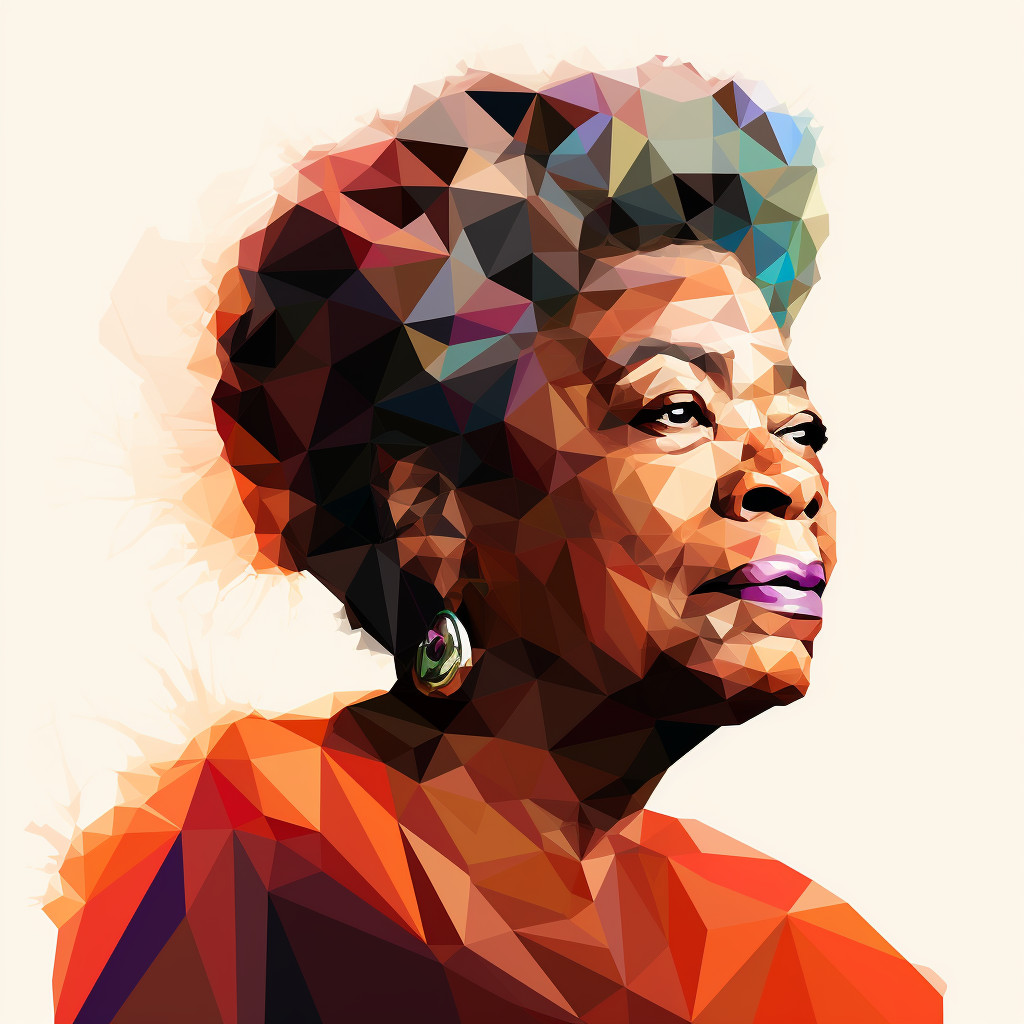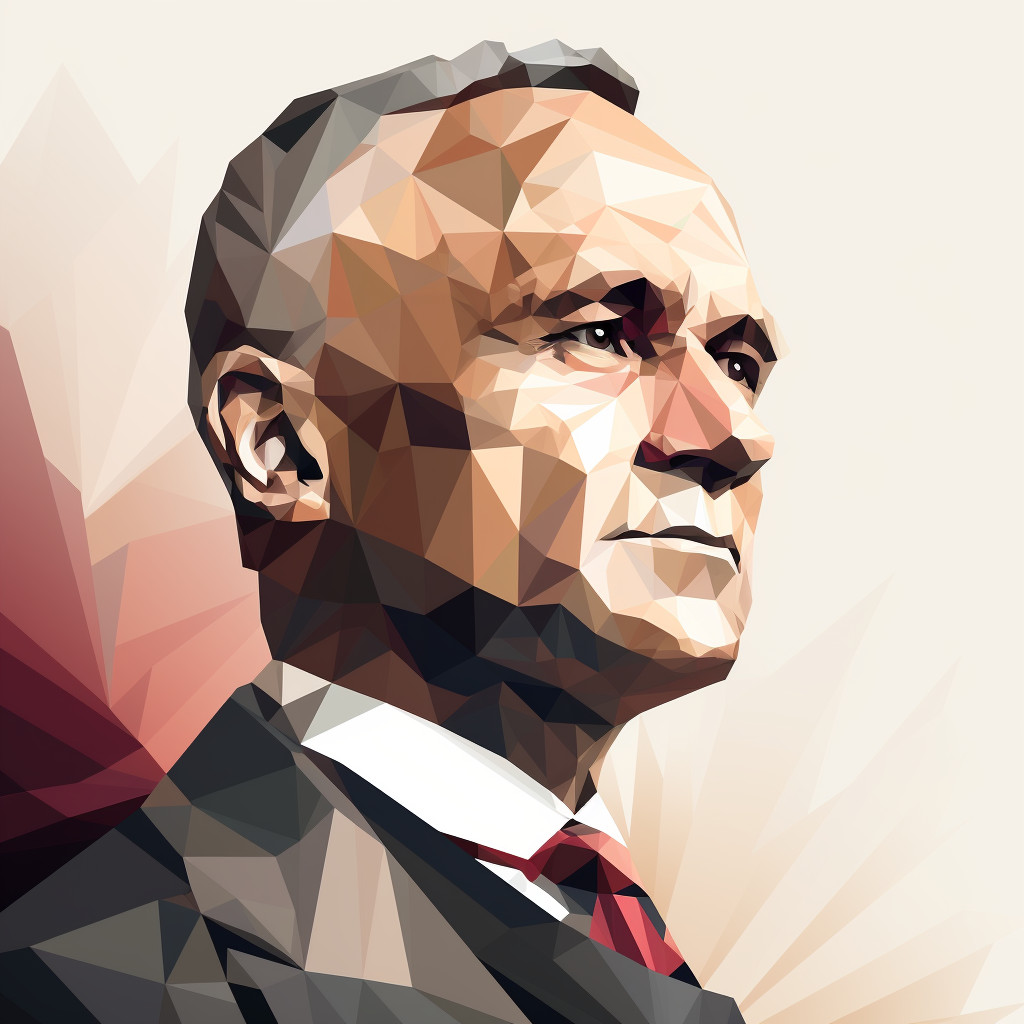'Reverse' Quotes
Reverse quotes, also known as inverted or backward quotes, are a form of wordplay where the order of words in a phrase or sentence is reversed for emphasis or effect. This literary device has been used throughout history to convey powerful messages and provoke thought. From ancient philosophers like…Read More
Reverse quotes, also known as inverted or backward quotes, are a form of wordplay where the order of words in a phrase or sentence is reversed for emphasis or effect. This literary device has been used throughout history to convey powerful messages and provoke thought. From ancient philosophers like Confucius to modern-day leaders like Martin Luther King Jr., reverse quotes have been used to challenge conventional thinking and inspire change. They have been used in speeches, literature, and even social media to convey a deeper meaning and encourage critical thinking. The use of reverse quotes continues to be a powerful tool in shaping perspectives and influencing society.Read Less
Reverse quotes, also known as inverted or backward quotes, are a form of wordplay where the order of words in a phrase or sentence is reversed for emphasis or effect. This literary device has been used throughout history to convey powerful messages and provoke thought. From ancient philosophers like Confucius to modern-day leaders like Martin Luther King Jr., reverse quotes have been used to challenge conventional thinking and inspire change. They have been used in speeches, literature, and even social media to convey a deeper meaning and encourage critical thinking. The use of reverse quotes continues to be a powerful tool in shaping perspectives and influencing society.
26 Esteemed 'Reverse' Quotations and Sayings
Reverse – Symbolic Value
The concept of ‘reverse’ is often used in quotes to symbolize a complete turnaround or a change in direction. It represents the idea of going back or undoing something that has already been done. This symbolic value of ‘reverse’ can be seen in various aspects of life, from personal relationships to societal norms.In personal relationships, the idea of ‘reverse’ can symbolize a second chance or a fresh start. It can represent the hope for a better future by learning from past mistakes and making a conscious effort to change for the better. This can be seen in the popular quote, “It’s never too late to start over. If you weren’t happy with yesterday, try something different today. Don’t stay stuck. Do better.”
Similarly, in business and career contexts, ‘reverse’ can symbolize a change in strategy or approach. It can represent the willingness to adapt and evolve in order to achieve success. This is reflected in the quote, “If plan A doesn’t work, the alphabet has 25 more letters – 204 if you’re in Japan.”
Reverse – Cultural and Historical Significance
The concept of ‘reverse’ has a significant cultural and historical significance, especially in Eastern philosophies and religions. In Taoism, the concept of ‘reverse’ is closely related to the idea of yin and yang, representing the balance between opposing forces. It symbolizes the cyclical nature of life, where everything eventually comes full circle.In Hinduism, the concept of ‘reverse’ is seen in the concept of reincarnation, where the soul is believed to go through a cycle of birth, death, and rebirth until it achieves enlightenment. This idea of ‘reverse’ is also reflected in the popular quote, “Life is a journey, and if you fall in love with the journey, you will be in love forever.”
Reverse – Common Themes in Motivational Contexts
In motivational contexts, the concept of ‘reverse’ is often used to inspire individuals to overcome challenges and obstacles. It symbolizes the idea of never giving up and persevering through difficult times. This can be seen in the quote, “When you feel like quitting, think about why you started.”The concept of ‘reverse’ is also used to encourage individuals to think outside the box and challenge conventional thinking. It represents the idea of breaking free from limitations and pushing boundaries. This is reflected in the quote, “The only way to do great work is to love what you do. If you haven’t found it yet, keep looking. Don’t settle. As with all matters of the heart, you’ll know when you find it.”
Reverse – Portrayal in Art and Media
The concept of ‘reverse’ has been portrayed in various forms of art and media, from literature to film. In literature, the theme of ‘reverse’ is often used to create plot twists and unexpected endings. This can be seen in the classic novel, “The Strange Case of Dr. Jekyll and Mr. Hyde,” where the main character’s transformation from good to evil is a symbol of ‘reverse.’In film, the concept of ‘reverse’ has been explored in the popular movie, “Memento,” where the story is told in reverse chronological order. This unique storytelling technique adds depth and complexity to the plot, making the audience question their understanding of the events.
Reverse – Impact on Understanding of Life and Society
The concept of ‘reverse’ has a profound impact on our understanding of life and society. It reminds us that change is inevitable and that we have the power to shape our own destiny. It also teaches us to embrace the journey and learn from our mistakes, rather than dwelling on them.In society, the idea of ‘reverse’ can be seen in the constant evolution and progress of technology, culture, and social norms. It reminds us that nothing stays the same and that we must adapt and evolve to thrive in a constantly changing world.In conclusion, the concept of ‘reverse’ holds a significant symbolic value and has a deep cultural and historical significance. It is often used in motivational contexts to inspire individuals to overcome challenges and think outside the box. Its portrayal in art and media adds depth and complexity to our understanding of life and society. Ultimately, the concept of ‘reverse’ teaches us to embrace change and use it as a tool for growth and progress.














